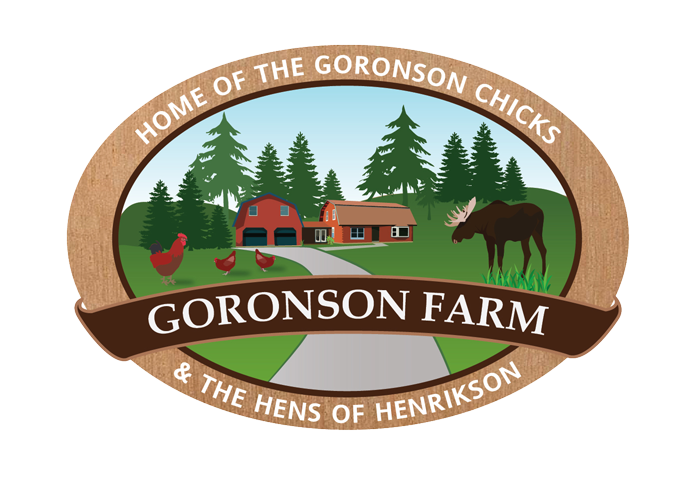Egg FAQs
Why are your eggs all different colors? Is this natural or are the shells dyed?
Early on we became interested in rare and heirloom varieties of poultry. We invested in purchasing breeding stock and hatching eggs from top notch, NPIP breeders who were known for the quality of their bloodlines.
Each of the poultry breeds we chose are known for producing a particular eggshell color, egg quality and color of the yolk. By investing in top bloodlines, we are assured of a spectacular array of deeply saturated eggshell colors and outstanding quality eggs yolks.
How do hens produce eggshells with such intense colors?
According to Michigan State University Extension, “Egg color is determined by the genetics of the hens. The breed of the hen will indicate what color eggs she will produce.
Do you show your chickens?
Although we really enjoy visiting the poultry barn at the fairs, we are too attached to our birds to keep them away from their family and friends. Confinement can be very stressful for a bird, so although we’ve been asked to show birds many times, we always decline.
Why are your eggs such different sizes? They’re not like that in the grocery store.
Grocery store eggs are sized to create consistent-looking cartons of 12 eggs all the same size, ranging from small to jumbo.
In real life, on small farms, birds of varying ages and breeds will lay eggs that are drastically different in size. We try to pack most of our eggs in clear, jumbo-sized crates. We do that to accommodate the various sizes of our different flock members. So, some eggs will look small in the crate and others will barely fit!
Since we don’t ‘factory farm’ our birds, we have to take the eggs that are laid each day and pack them up to form our dozens.
How do you raise your birds to increase egg quality?
Our birds have a lot of room in a large enclosed run which holds several houses (chicken coops). In spring, summer, fall they free range and pasture on our organic grass and in our gardens. In harsh winter weather, they roam their large run, surrounded by passive solar panels that help keep the outside weather at bay, and have access to fresh air and exercise all winter long.
We clean out each house and the run weekly and change their water daily. In winter, I feed them fresh greens and fruits and supplement their grain diets with organic cracked corn as a treat. We add organic food grade oregano oil to their water to aid in digestion and keep their intestinal tracts strong. Oregano oil is considered a natural antibiotic for chickens. Some studies suggest that this natural substance helps to keep chickens healthier. Oregano is one of the most powerful natural antibiotics ever studied and some think it to be superior to many of the currently used antibiotics.
What happens to your older hens?
All our animals are cherished members of our family. Our older hens are not discarded once they either stop laying eggs or slow down. We never butcher our birds for meat. They pay us back through their friendship and the priceless vignettes they create as seen out of the window over the kitchen sink as I’m doing dishes.
Do you have roosters?
Yes, each house/coop has a rooster of a different breed along with his harem of hens, for which he is responsible. Although each hen usually lives in a certain house, some girls (like our Goldlaced Polish hen, Audrey Fandango) will spend occasional ‘overnights’ with her friends in another house.
Our first rooster was Buttercup (a bantam that was supposed to be a hen); Our current roosters are: Chunky Boy, our Bev Davis Black Copper Marans; Colonel Sanders, an Olive Egger we hatched on the kitchen counter; and Zebra - a black Polish.
Of course, we mustn’t forget the drakes – the Duke of Lemon and Aloysius of Kent, our two White Crested Drakes. Each has his own cottage and a family of ducks, including the Duckess of Oldenburg, Lilly, Madeleine, Daisy, and Olive Oyl.
